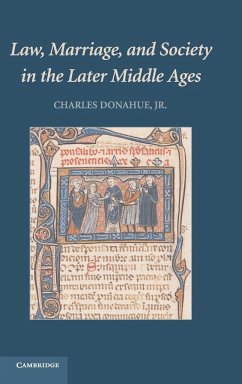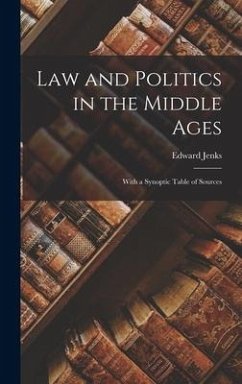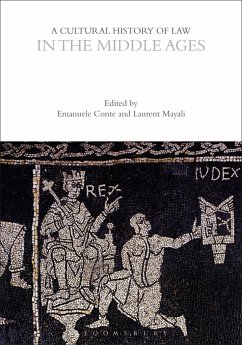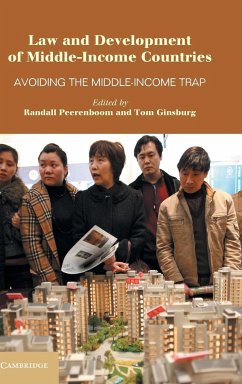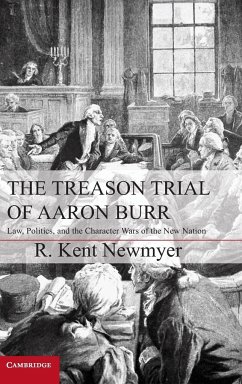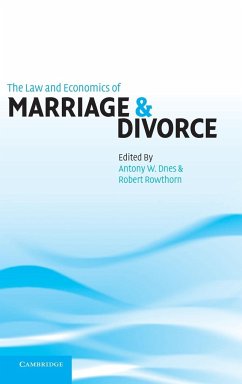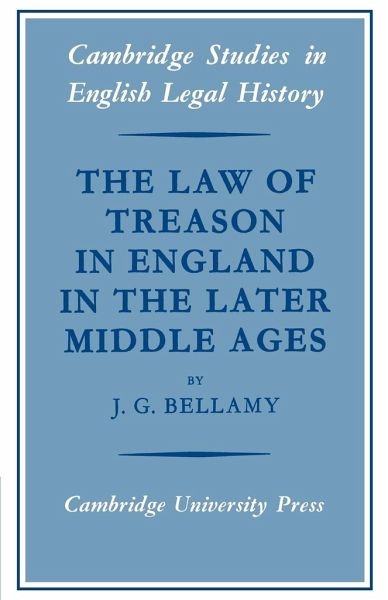
The Law of Treason in England in the Later Middle Ages
Versandkostenfrei!
Versandfertig in 1-2 Wochen
42,99 €
inkl. MwSt.

PAYBACK Punkte
21 °P sammeln!
An analysis of the interaction of the law of treason and constitutional ideas.Professor Bellamy places the theory of treason in its political setting and analyses the part it played in the development of legal and political thought in this period. He pays particular attention to the Statute of Treason of 1352, an act with a notable effect on later constitutional history and which, in the opinion of Edward Coke, had a legal importance second only to that of Magna Carta. He traces the English law of treason to Roman and Germanic origins, and discusses the development of royal attitudes towards r...
An analysis of the interaction of the law of treason and constitutional ideas.
Professor Bellamy places the theory of treason in its political setting and analyses the part it played in the development of legal and political thought in this period. He pays particular attention to the Statute of Treason of 1352, an act with a notable effect on later constitutional history and which, in the opinion of Edward Coke, had a legal importance second only to that of Magna Carta. He traces the English law of treason to Roman and Germanic origins, and discusses the development of royal attitudes towards rebellion, the judicial procedures used to try and condemn suspected traitors, and the interaction of the law of treason and constitutional ideas.
Table of content:
Editor's preface; Preface; List of abbreviations; 1. The medieval concept of treason; 2. The treatise writers and the English law of treason at the end of the thirteenth century; 3. The origins of the English state trial; 4. The great statute of treasons; 5. The scope of treason, 1352-1485; 6. Treason before the courts, 1352-1485; 7. The origins and the early history of the Act of Attainder; 8. Treason and the constitution; Appendixes; Select bibliography; Index.
Professor Bellamy places the theory of treason in its political setting and analyses the part it played in the development of legal and political thought in this period. He pays particular attention to the Statute of Treason of 1352, an act with a notable effect on later constitutional history and which, in the opinion of Edward Coke, had a legal importance second only to that of Magna Carta. He traces the English law of treason to Roman and Germanic origins, and discusses the development of royal attitudes towards rebellion, the judicial procedures used to try and condemn suspected traitors, and the interaction of the law of treason and constitutional ideas.
Table of content:
Editor's preface; Preface; List of abbreviations; 1. The medieval concept of treason; 2. The treatise writers and the English law of treason at the end of the thirteenth century; 3. The origins of the English state trial; 4. The great statute of treasons; 5. The scope of treason, 1352-1485; 6. Treason before the courts, 1352-1485; 7. The origins and the early history of the Act of Attainder; 8. Treason and the constitution; Appendixes; Select bibliography; Index.





